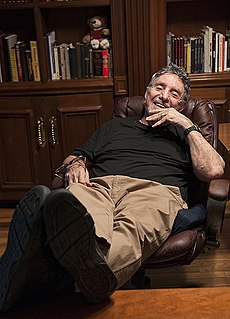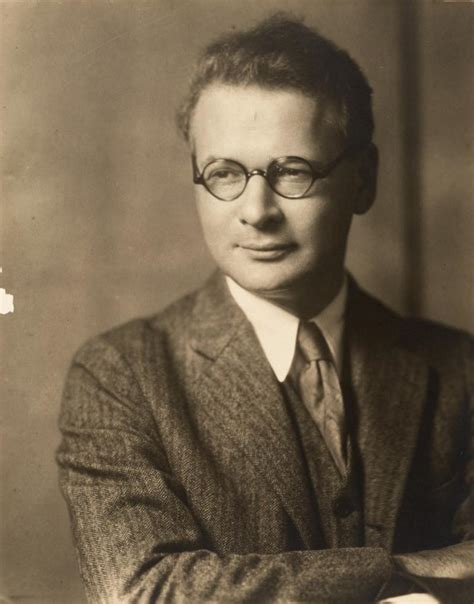A Quote by Blaise Pascal
All men seek happiness. This is without exception. Whatever different means they employ, they all tend to this end. The cause of some going to war, and of others avoiding it, is the same desire in both, attended with different views. The will never takes the least step but to this object. This is the motive of every action of every man, even of those who hang themselves.
Quote Topics
Action
Attended
Avoiding
Both
Cause
Desire
Different
Different Me
Different View
Different Views
Employ
End
Even
Every
Every Man
Exception
Going
Going To War
Hang
Happiness
Least
Man
Means
Men
Motive
Never
Never Take
Object
Others
Same
Seek
Some
Step
Takes
Tend
Themselves
Those
Views
War
Whatever
Will
Without
Related Quotes
Whereas happiness is the highest good, being a realization and perfect practice of virtue, which some can attain, while others have little or none of it, the various qualities of men are clearly the reason why there are various kinds of states and many forms of government; for different men seek after happiness in different ways and by different means, and so make for themselves different modes of life and forms of government.
There never was a law yet made, I conceive, that hit the taste exactly of every man, or every part of the community; of course, if this be a reason for opposition, no law can be executed at all without force, and every man or set of men will in that case cut and carve for themselves; the consequences of which must be deprecated by all classes of men, who are friends to order, and to the peace and happiness of the country.
For we are not all equally afflicted with the same disease or all in need of the same severe cure. This is the reason why we see different persons disciplined with different crosses. The heavenly Physician takes care of the well-being of all his patients; he gives some a milder medicine and purifies others by more shocking treatments, but he omits no one; for the whole world, without exception, is ill (Deut 32:15).
No two men see the world exactly alike, and different temperaments will apply in different ways a principle that they both acknowledge. The same man will, indeed, often see and judge the same things differently on different occasions: early convictions must give way to more mature ones. Nevertheless, may not the opinions that a man holds and expresses withstand all trials, if he only remains true to himself and others?
The man of genius is he whose ego has acquired consciousness. He is enabled by it to distinguish the fact that others are different, to perceive the "ego" of other men, even when it is not pronounced enough for them to be conscious of it themselves. But it is only he who feels that every other man is also an ego, a monad, an individual centre of the universe, with specific manner of feeling and thinking and a distinct past, he alone is in a position to avoid making use of his neighbours as means to an end.
The mind lives through more, and the more cannot be fulfilled; that is impossible. IT ENDS IN TEARS. Every desire ends in frustration, because every expectation is the beginning of frustration. Why does every desire end in frustration? There are only two alternatives: either you achieve your object of desire or you don`t achieve it, but in both cases it will end in tears. If you achieve it you will see the utter futility of it all.
Every man that ever lived craved perfect happiness, the detective poignantly reflected. But how can we have it when we know we’re going to die? Each joy was clouded by the knowledge it would end. And so nature had implanted in us a desire for something unattainable? No. It couldn’t be. It makes no sense. Every other striving implanted by nature had a corresponding object that wasn’t a phantom. Why this exception? the detective reasoned. It was nature making hunger when there wasn’t any food. We continue. We go on. Thus death proved life.
Every single being, even those who are hostile to us, is just as afraid of suffering as we are, and seeks happiness in the same way we do. Every person has the same right as we do to be happy and not to suffer. So let's take care of others wholeheartedly, of both our friends and our enemies. This is the basis for true compassion.
A man, at least, is free; he can explore every passion, every land, overcome obstacles, taste the most distant pleasures. But a woman is continually thwarted. Inert and pliant at the same time, she must struggle against both the softness of her flesh and subjection to the law. Her will, like the veil tied to her hat by a string, flutters with every breeze; there is always some desire luring her on, some convention holding her back.
In our concern for others, we worry less about ourselves. When we worry less about ourselves an experience of our own suffering is less intense. What does this tell us? Firstly, because our every action has a universal dimension, a potential impact on others' happiness, ethics are necessary as a means to ensure that we do not harm others. Secondly, it tells us that genuine happiness consists in those spiritual qualities of love, compassion, patience, tolerance and forgiveness and so on. For it is these which provide both for our happiness and others' happiness.
The democratic rule that all men are equal is sometimes confused with the quite opposite idea that all men are the same and that any man can be substituted for any other so that his differences make no difference. The two are not at all the same. The democratic rule that all men are equal means that men's being different cannot be made a basis for special privilege or for the invidious advantage of one man over another; equality, under the democratic rule, is the freedom and opportunity of each individual to be fully and completely his different self. Democracy means the right to be different.





































